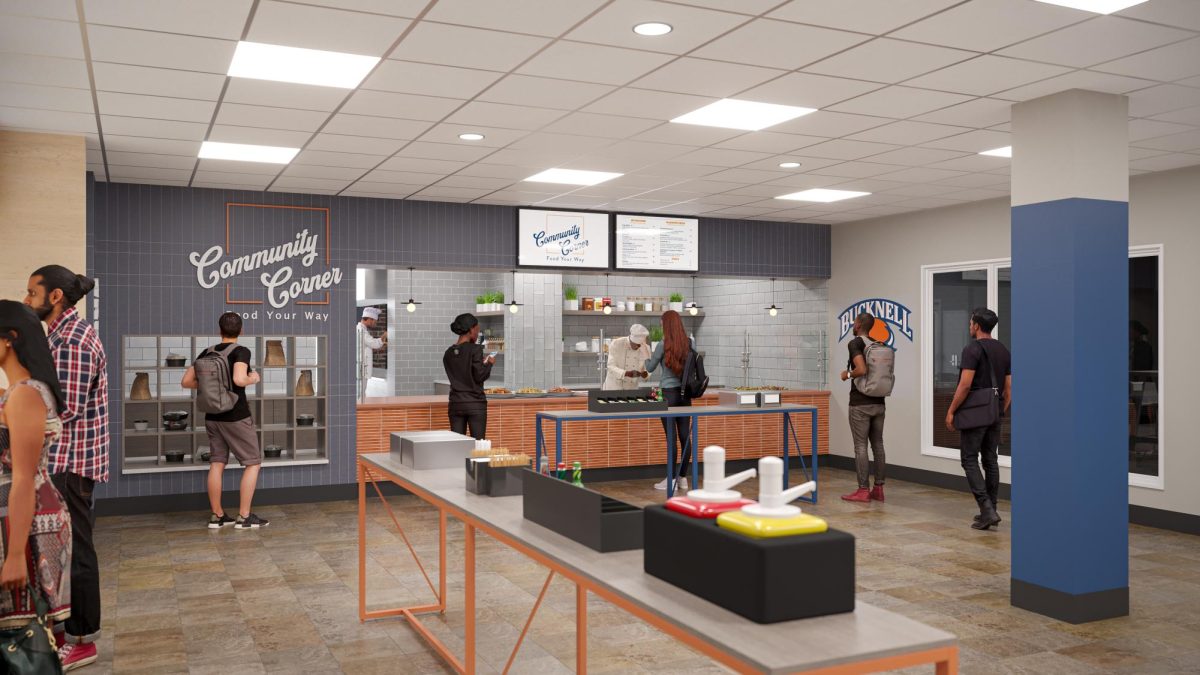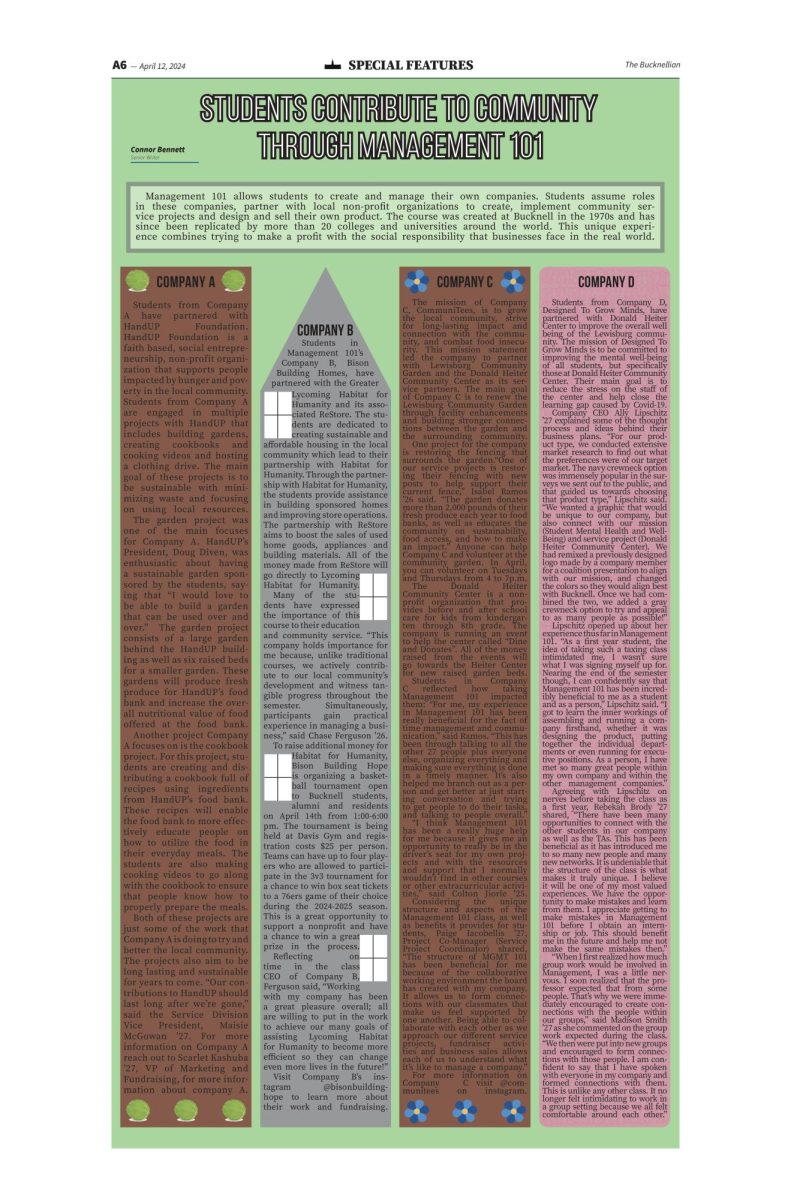Ramifications of the recent midterm elections
November 20, 2014
The midterm election results are in and the outcome is undeniable: the Republicans achieved a substantial victory this year. As predicted by many, they gained the majority in the Senate by nine seats and broadened their control of the House of Representatives by at least 12 seats as of Nov. 13, creating an aggressive Congressional dominance that the Republicans have not seen since the era of the Great Depression. The party also managed to secure several cutthroat governors’ races, providing a net gain of two seats, further establishing their control across the nation.
The midterm elections serve as a sort of litmus test for determining the public opinion of the incumbent president and the national landscape, or the overall condition of the country; at first glance, it seems as though the voters have chosen to express their current displeasure with President Barack Obama and the Democrats by voting them out of office. Yet in the two years since Obama was reelected in the 2012 presidential contest, the economy has been slowly but steadily improving, with a recent decrease in the unemployment rate to below six percent and an increase in the annual gross domestic product, expanding by a rate of 3.5 percent. His “year of action” has been met with success thus far and the controversy surrounding Obamacare and the breadth of the Affordable Care Act have begun to settle down. So the question remains: why is the nation so suddenly displeased with the Democratic Party? There doesn’t seem to be a simple answer.
America has become exasperated with the lack of productivity in Congress and the presidential administration. This is less a criticism of Obama and the Democrats than it is of the political landscape as a whole. The voters have grown tired of watching Congress sit inactive, and with the Democrats voting base largely absent from this election, the Republicans swept the elections even though just as much blame can be put onto their shoulders.
The Republicans are aware that their victory comes with the price of compromising with the Democrats in order to be efficient policy makers. With Congressional disapproval rates at an all-time high, they cannot afford to appear uncooperative as they wish to secure a Republican president in 2016 and maintain their Congressional majority. Similarly, the Democrats will have to be accommodating towards the Republicans since they are fully cognizant of the fact that they may lose the presidency during the next election.
The strange circumstances that this election has brought forward makes it clear that without compromise, the flow of legislation with become stagnant. While this system has the potential to be incredibly effective, Congress and the White House are in an interesting position that could lead to a stalemate if either party refuses to coordinate with the other. Productivity is the key to satisfying the public, but whether or not this is possible remains to be told.


























